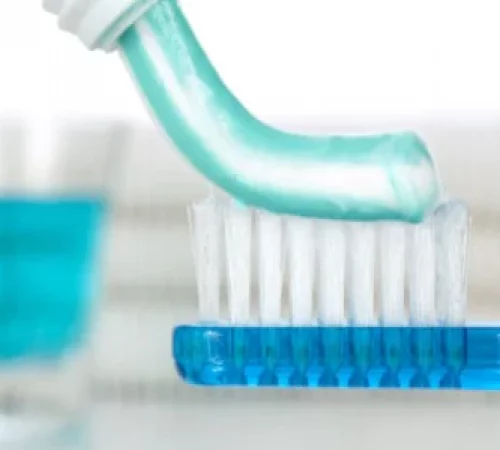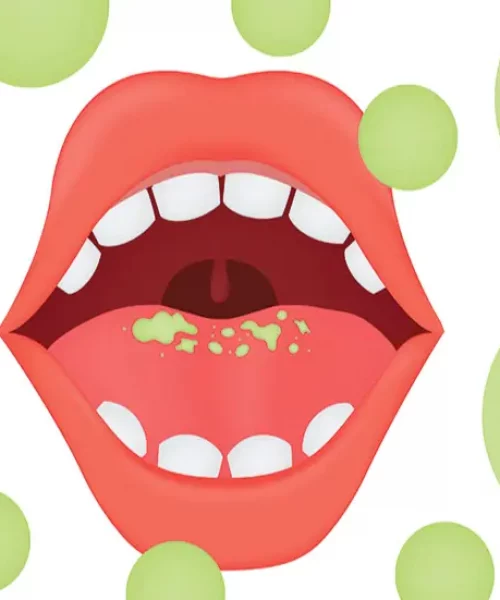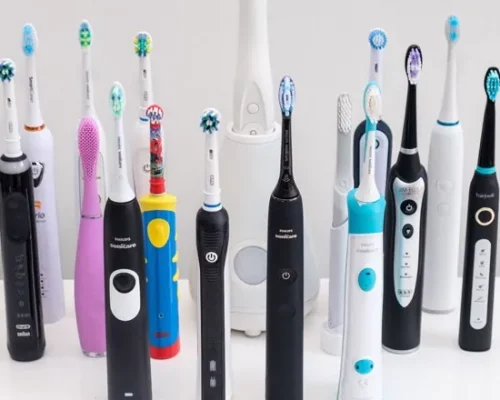Oral Health

FLOURIDE AND DECAY PREVENTION
Many years ago scientists started to notice that children who were born and raised in areas with natural fluoride in drinking water had fewer cavities than children in other areas. Fluoride absorbed by your body when teeth were forming (during mothers pregnancy to early childhood) integrates into the structure of enamel and makes it stronger.
After teeth eruption, fluoride found in your toothpaste, mouthwash, or in what your dentist places on your teeth still has a positive effect on your teeth. It strengthens the enamel and reduces the chance of tooth decay.
If you have children and live in an area that has no fluoride in its drinking water, you should consult your dentist and physician about fluoride tablets that are available for children.

BAD BREATH
There are a few different causes of bad breath. Ranging from stomach problems to diets and teeth problems, most of the causes can be found in the mouth. They are :
- Tongue (when bacteria grows in between the papilla)
- Teeth cavities (especially when food particles get stuck in them)
- Gum diseases
- Extraction sites during healing
- Dentures when not cleaned properly
- Alcohol and tobacc
If you or someone you know is concerned about bad breath, the first step is a dental check up. Your dentist will be able to confirm or rule out the source of bad breath.
When the cause is found, treatment will be determined and explained by your dentist. If the source of the bad breath is your mouth, there is little chance that mouth washes or mints can treat the problem. They usually mask the problem for a short period of time, and can sometimes exacerbate the situation (mouthwashes that contain alcohol cause dry mouth and usually make the bad breath worse).
These are a few other, non-dental reasons that cause bad breath :
Sore throa | Tonsillitis | Some food | Infection of | air passages
Following a good oral hygiene routine and receiving regular dental check ups are the best ways to prevent bad breath.

ELECTRIC VS MANUAL BRUSH
There have been multiple studies comparing the effectiveness of manual brushes as opposed to electric brushes.
Although not all electric brushes are the same, these studies conclude that in general electric brushes are more efficient in controlling plaque than manual brushes. Theoretically, you can do a very good brushing with a regular hand brush, but the movements of an electric brush make the task easier and more effective.
Also, some electric brushes produce sonic vibrations that are difficult to mimic with a hand brush! Other electric brushes like Oral-B and Rotadent have small heads that help you access hard-to-reach areas of your mouth. This aspect is more important when you are talking about someone with orthodontic braces or a history of gum disease.
